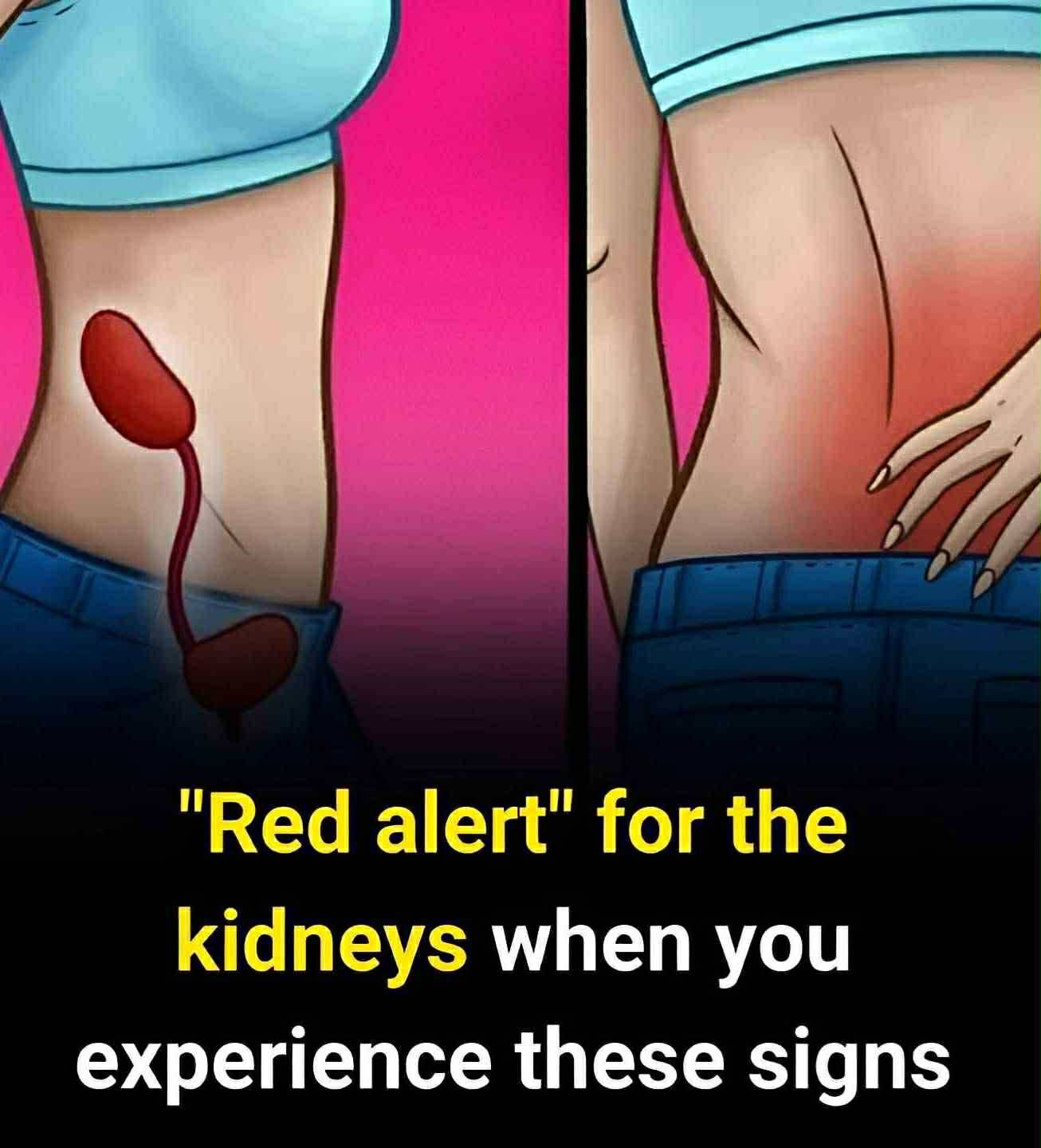Kidney disease is a silent but serious condition that can significantly affect your overall health if left unchecked. Because the kidneys play such an essential role in keeping your body functioning properly, recognizing the warning signs that your kidneys may be in trouble is absolutely vital. Early detection and timely intervention can prevent the progression of kidney damage and avoid more severe complications down the road.

If you notice any of the following signs, it’s important to consult a healthcare professional immediately to protect your kidney health and maintain your well-being. To understand why these warning signs matter so much, it helps to first understand what the kidneys do. Your kidneys are vital, bean-shaped organs located on either side of your spine just below your ribcage. Every day, they filter roughly 120 to 150 quarts of blood, removing waste products and excess fluids to create about 1 to 2 quarts of urine. In addition to filtering your blood, the kidneys regulate electrolytes, control blood pressure, produce hormones that stimulate red blood cell production, and help maintain bone health. When kidney function begins to decline—a condition known as kidney disease—your body’s balance is disrupted.
Common causes of kidney disease include high blood pressure, diabetes, infections, autoimmune diseases, and genetic factors. Without proper treatment, kidney disease can progress to kidney failure, which may require dialysis or a kidney transplant. Recognizing warning signs early can help you act before permanent damage occurs. Here are ten key warning signs that your kidneys may be in danger. First, pay close attention to any changes in your urination habits. This could mean urinating more frequently, especially at night, or noticing a decrease in urine output. Urine that appears foamy or bubbly may indicate protein leaking into the urine—a potential sign of kidney damage. Second, persistent fatigue and weakness are common symptoms of kidney problems.
Since the kidneys produce a hormone called erythropoietin that triggers red blood cell production, impaired kidney function can lead to anemia. This causes tiredness, weakness, and difficulty focusing. Third, swelling, also known as edema, occurs when poor kidney function causes your body to retain excess fluid. This swelling often appears in the legs, hands, face, or abdomen. Fourth, ongoing back pain or severe discomfort below your ribcage can be a sign of kidney-related issues, such as untreated urinary tract infections or kidney stones. Fifth, unexplained weight loss or loss of appetite may result from waste buildup in the bloodstream, making you feel full even when you haven’t eaten much. Sixth, nausea and vomiting are frequently reported symptoms because toxins accumulating in the blood can upset your digestive system, especially in the mornings or after meals. Seventh, many people with kidney disease experience difficulty sleeping.
This can be due to nighttime muscle cramps, restless leg syndrome, or frequent urination interrupting sleep cycles. Eighth, a persistent metallic taste in your mouth is a common sign of uremia, which results from waste products building up in your bloodstream. Ninth, muscle cramps and twitching may occur because of electrolyte imbalances, particularly low calcium or high phosphorus levels, that are typical with declining kidney function. Finally, tenth, itchy skin can be caused by toxins accumulating in your body when the kidneys are no longer able to filter them effectively. While these symptoms can be alarming, there are steps you can take to protect your kidneys and reduce your risk of kidney disease. Staying well hydrated by drinking plenty of water throughout the day helps your kidneys flush out toxins. Limiting your intake of salt and processed foods can reduce the strain on your kidneys. Managing chronic conditions such as diabetes and high blood pressure with your doctor’s guidance is critical, since these are the leading causes of kidney damage. Avoiding excessive use of painkillers and non-steroidal anti-inflammatory drugs (NSAIDs) can also protect your kidney function. It’s also important to get regular medical check-ups, especially if you have a family history of kidney disease, so any problems can be caught early. If you notice any of the warning signs described here, don’t ignore them or delay seeking medical advice. Your healthcare provider can perform blood tests, urine tests, and imaging studies to assess your kidney health and recommend appropriate treatment. Early intervention can help prevent irreversible damage and preserve your kidney function. In conclusion, paying attention to these warning signs can truly save your life. Your kidneys are essential to your overall health, and being proactive when something feels wrong is key. Listen to your body and act quickly by consulting a medical professional if you suspect your kidneys may be at risk. Protecting your kidney health is one of the best ways to maintain your overall wellness. Please share this article with your family and friends on Facebook to help raise awareness about kidney health and the importance of early detection.





